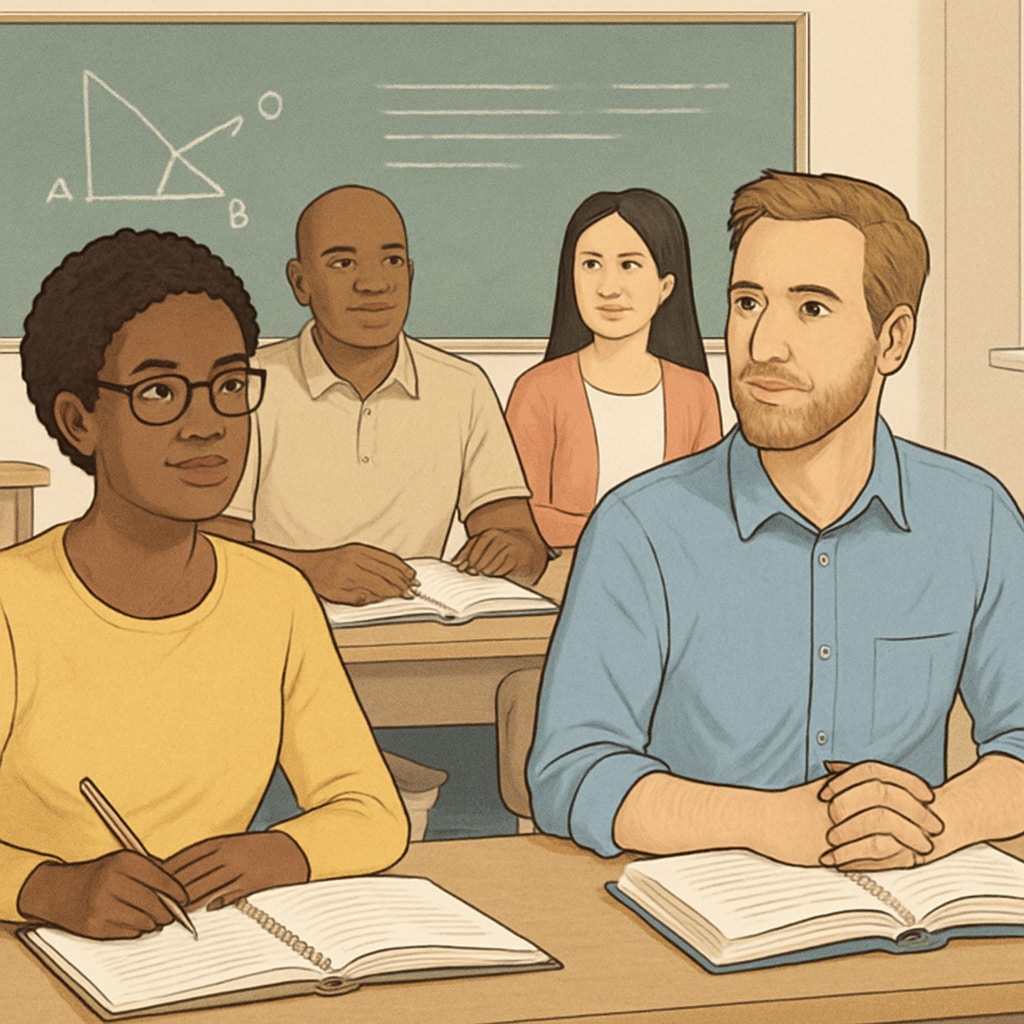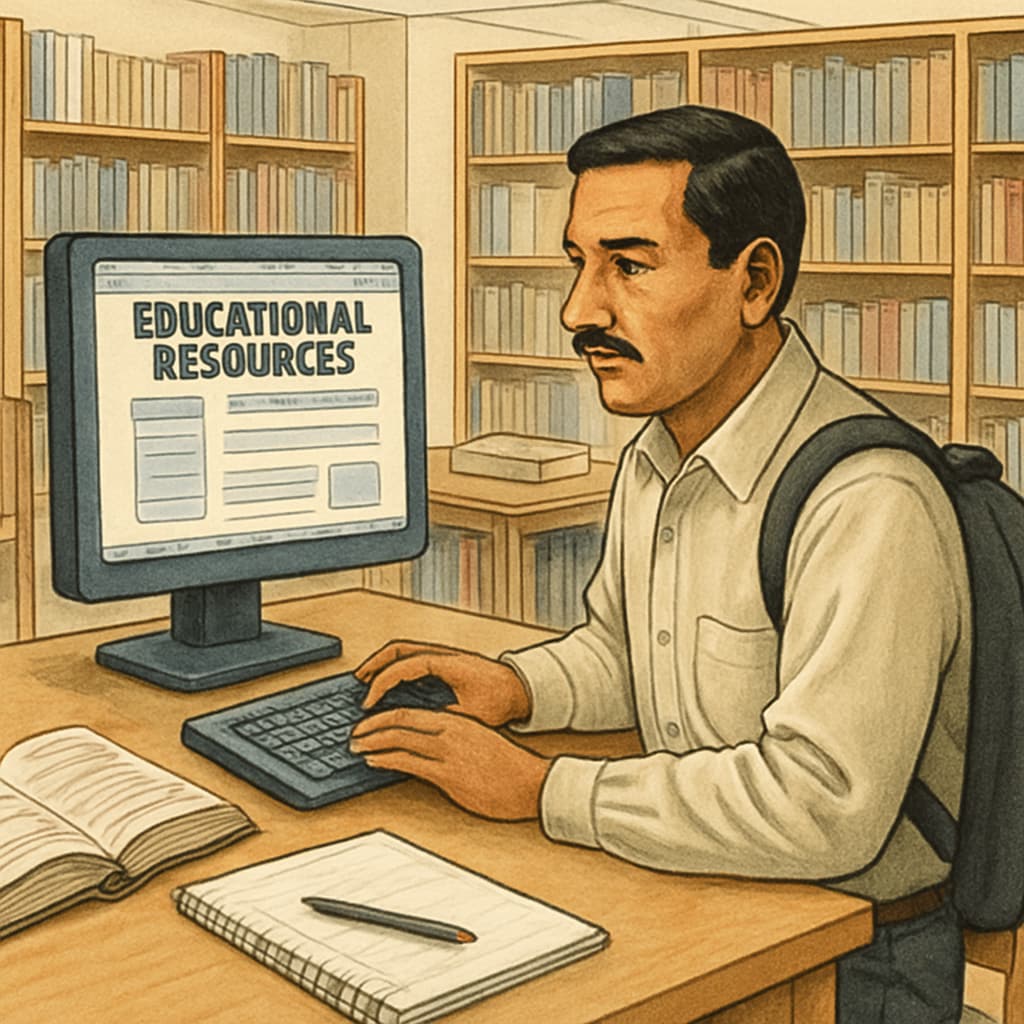For adult immigrants, adapting to a new culture often requires overcoming educational and cultural gaps. Foundational knowledge, gained through K-12 subjects like math, science, language arts, and social studies, plays a crucial role in this transition. Accessing resources tailored to adult learners can help bridge these gaps, making cultural adaptation smoother and more effective. This article explores the significance of K-12 education for adult immigrants and provides a guide to educational opportunities in New York City.
Why K-12 Education Matters for Adult Immigrants
Many adult immigrants face challenges when integrating into a new society due to differences in educational systems. In Western countries, K-12 education typically forms the bedrock of cultural understanding, equipping individuals with essential knowledge of history, civic structures, and communication skills. Without this foundation, navigating daily life, employment, or higher education can be daunting.
For example, understanding basic math concepts is crucial for managing finances, while fluency in English or another local language is vital for effective communication. Additionally, familiarity with the historical and social context of the host country fosters a sense of belonging and cultural awareness.

Challenges Faced by Adult Immigrants
Adult immigrants often juggle multiple responsibilities, such as work, family, and community commitments. As a result, finding time for education can be challenging. Furthermore, many adults may feel hesitant to return to a classroom environment, fearing judgment or struggling with learning in a second language.
Another barrier is the accessibility of resources. While many cities offer adult education programs, navigating these options can be overwhelming. Programs may vary in quality, cost, and suitability for learners with diverse needs, such as limited prior education or specific career goals.
Finding K-12 Educational Resources in New York City
New York City is a hub for adult education, offering numerous programs designed to meet the needs of its diverse immigrant population. Below are some resources for adult learners seeking foundational knowledge:
- NYC Department of Education Adult Education Programs: These programs provide free classes in English as a Second Language (ESL), high school equivalency preparation, and basic literacy. Visit the NYC DOE website for more details.
- Community-Based Organizations: Nonprofits such as the YMCA and Make the Road New York offer tailored programs, including workforce training and citizenship preparation, alongside foundational education.
- Public Libraries: The New York Public Library (NYPL) hosts free workshops and courses for adult learners, including digital literacy and language classes. Learn more at the NYPL Adult Education page.

Tips for Success in Adult Education
To make the most of available resources, adult learners can follow these strategies:
- Set Clear Goals: Determine what you hope to achieve, whether it’s improving English skills, earning a diploma, or preparing for a specific job.
- Choose the Right Program: Research programs to find one that fits your schedule, learning style, and long-term objectives.
- Utilize Technology: Online courses and mobile apps can provide flexible learning options. Consider platforms like Khan Academy or Duolingo for supplemental education.
- Build a Support Network: Connect with peers, mentors, or community groups for encouragement and guidance.
By taking these steps, adult immigrants can build confidence, acquire essential skills, and enhance their cultural adaptation process.
Conclusion: Empowering Immigrants Through Education
Bridging knowledge gaps through K-12 education is more than just acquiring academic skills—it’s about creating opportunities for meaningful cultural integration and personal growth. For adult immigrants, access to foundational knowledge can transform daily challenges into opportunities for connection and success.
In New York City, a wealth of resources awaits those ready to take the first step. Whether through public programs, community organizations, or self-directed learning, adult immigrants can find the support they need to thrive in their new home.
By embracing education, individuals not only gain knowledge but also build bridges to a brighter future.


